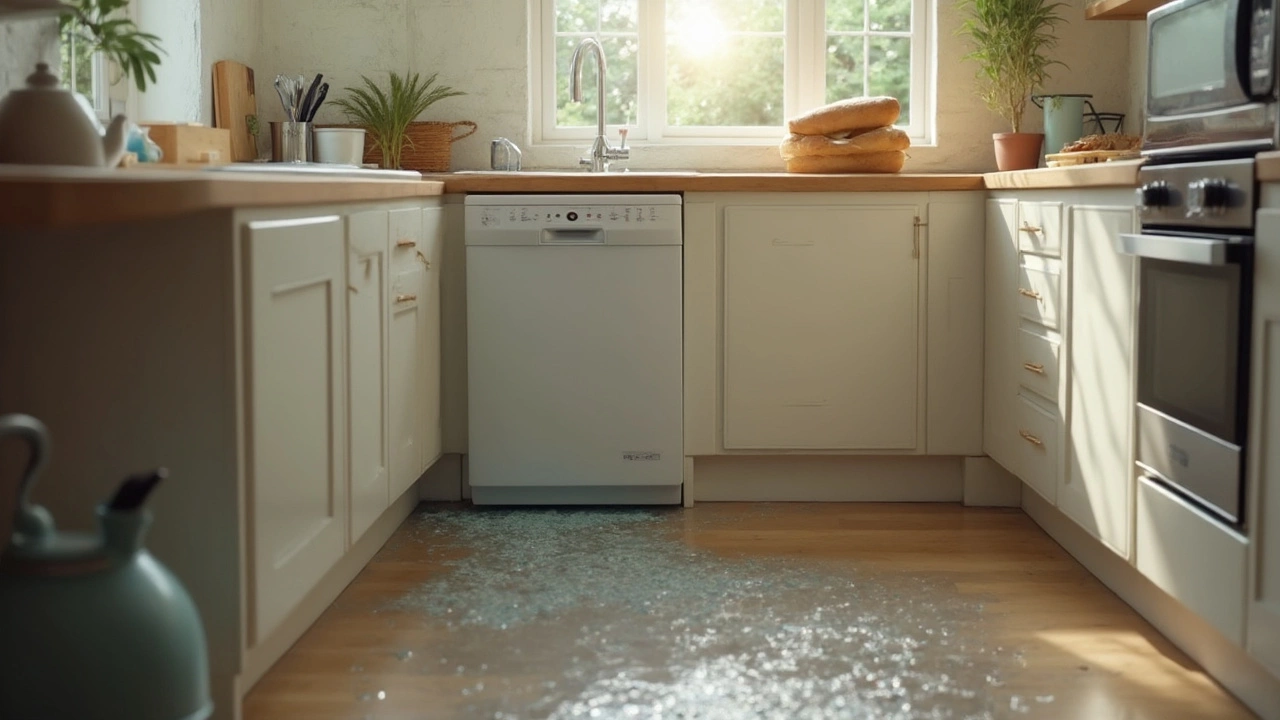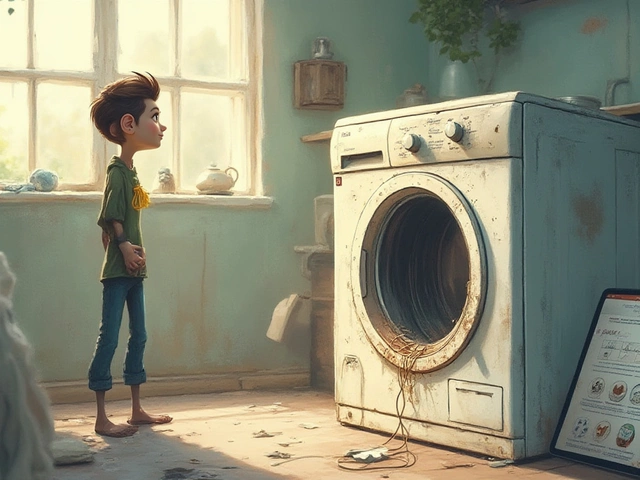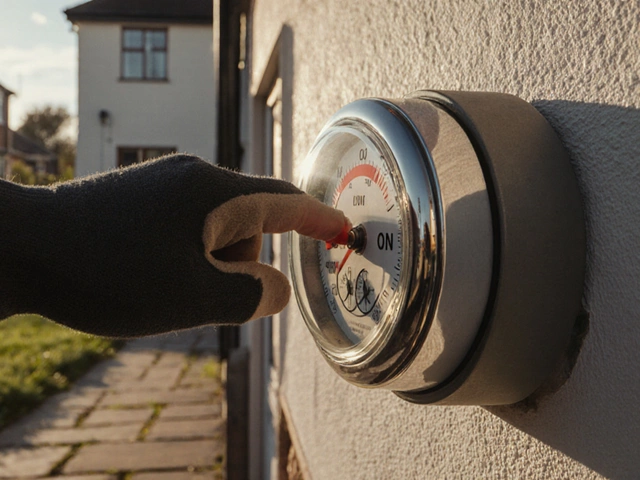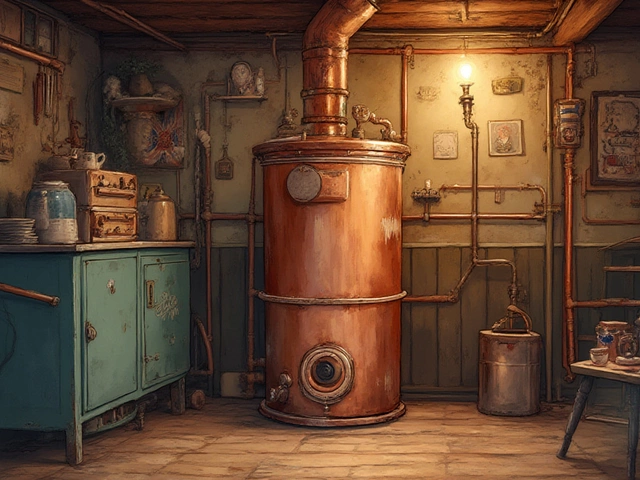If your dishwasher is leaving dishes dirty, making strange noises, or leaking water, you’re not alone. Most households face at least one of these issues each year. The good news is that many of the culprits are easy to spot and fix without calling a technician.
The first thing to check is the spray arms. Food particles can block the tiny holes, preventing water from reaching every dish. Pull the arms out, rinse them under warm water, and use a toothpick to clear any clogs. While you’re at it, inspect the filter at the bottom of the tub. A dirty filter catches debris but can become clogged itself, reducing water flow. Remove the filter, scrub it with a soft brush, and rinse well.
Next, look at the detergent. Using the wrong type or too little can leave a film on plates. Always use a high‑quality dishwasher powder or gel, and follow the manufacturer's recommended amount. If you have hard water, consider a water‑softening rinse aid – it helps prevent mineral buildup that can also affect cleaning performance.
Finally, check the loading pattern. Over‑crowding or placing large items block the spray path. Make sure pots, pans, and bowls are angled so water can spray over them, and keep the bottom rack clear for larger items.
Slow draining or standing water usually points to a blockage in the drain hose or the pump. Disconnect the hose (make sure the dishwasher is off) and look for kinks or debris. If the hose looks clean, the pump may need a quick inspection. Remove the front panel, locate the pump impeller, and clear any food scraps that might be jammed inside.
Unusual noises often come from worn‑out bearings, loose spray arm bolts, or a failing motor. Tighten any loose bolts first – a simple tighten can silence rattling. If the sound is a grinding noise, the motor or pump might need replacement, which is best handled by a professional.
Leaks are usually caused by a cracked door seal, a loose door latch, or an overfilled detergent drawer. Inspect the rubber gasket around the door for tears or hard spots; replace it if it’s damaged. Make sure the door latches firmly shut each cycle. Also, avoid over‑filling the detergent compartment – too much soap can overflow and drip onto the floor.
Regular maintenance goes a long way. Run a monthly cleaning cycle with a dishwasher cleaner or a cup of white vinegar on the top rack. This clears lime deposits and keeps the spray system free of gunk. After each wash, wipe the door seal and interior edges to prevent mould build‑up.
When you’ve tried the basics and the problem persists, it’s time to call in a local expert. A professional can test electrical components, replace worn parts, and ensure your dishwasher runs efficiently again. Keeping an eye on these common issues will save you time, money, and the headache of a broken appliance.

Dishwashers are a staple in modern kitchens, but they often face common issues. So, what's the most frequent problem users encounter? This article dives into typical faults like drainage issues and proposes practical solutions. Understand why your dishwasher might not clean effectively and learn simple DIY fixes to keep it in top shape. By addressing these issues, you'll ensure your dishwasher runs smoothly for years to come.

Microwaves are essential in modern kitchens, but when they break down, deciding whether to repair or replace them can be tricky. This article explores the factors that influence repair decisions, common microwave issues, and when it's more economical to buy a new one. It also offers tips on maintaining your microwave to prevent future problems. Understand the costs involved and make an informed choice on your kitchen appliances.

Find out when repairing your dryer isn’t the smart move. Learn real signs, safety warnings, and how to choose between fixing and just getting a new one.

Learn why all your gas appliances might stop working, how to safely troubleshoot common issues, and when to call a Gas Safe engineer.

Is it possible for a hot water heater to last 30 years? Here’s a detailed look at what determines water heater longevity, what rare cases look like, and how you can extend your heater’s life with smart habits.

Discover the workings of a hob, a crucial kitchen fixture that often gets overlooked until it malfunctions. Learn the common issues that can affect its performance and get handy tips on basic repairs and maintenance. Whether you're dealing with burner problems or electrical faults, this guide provides practical advice to keep your hob in top shape. Understand the typical lifespan of these appliances and how to extend it through regular care.